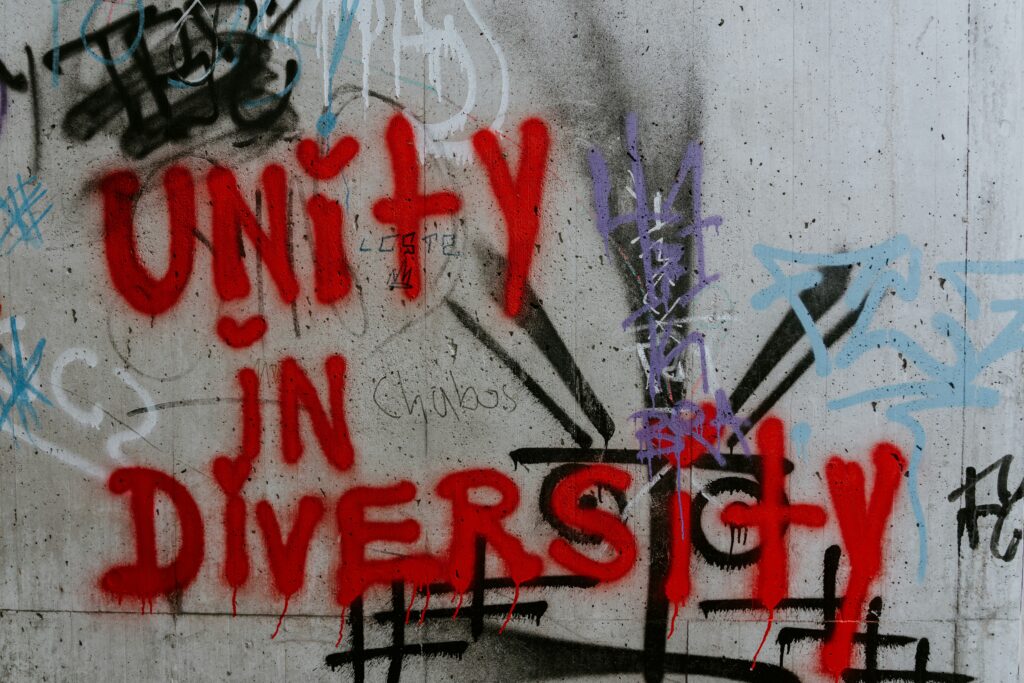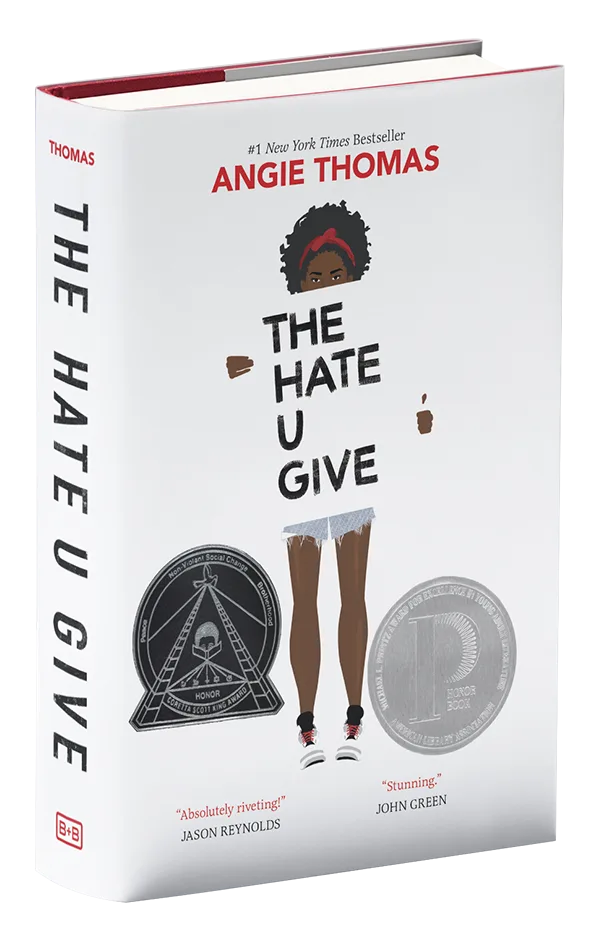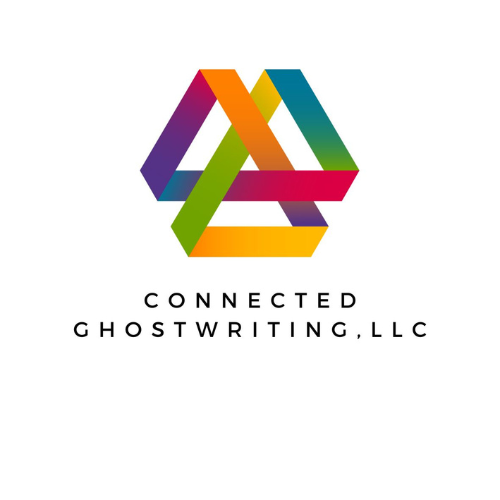Social justice professionals wanting to be authors face difficult challenges – books are being banned, identities politicized, and stories erased. For these reasons, we need own voices books now more than ever. #OwnVoices books are more than just powerful reads. They’re a form of resistance, healing, and visibility.
Coined by author Corinne Duyvis, the #OwnVoices hashtag was created to spotlight books where authors from marginalized groups tell stories based on their own experiences. In other words, these aren’t just diverse books—they’re authentic, lived truths shared through fiction, nonfiction, memoir, poetry, picture books, and more.
Whether it’s a 12-year-old Muslim girl navigating school in a children’s book, a queer coming of age tale in a young adult novel, or African American history reimagined in historical fiction, ownvoices stories offer what no one else can: truth.
Representation Is a Lifeline

Growing up, many of us never saw ourselves in the books we read. Whether we were Black, Asian American, LGBTQ, Muslim, or first-generation immigrants, literature often spoke about us rather than with us.
But that’s changed.
Growing up as an LGBTQIA+ person in rural, conservative Michigan, it wasn’t until I started reading books and listening to music about me that I felt seen, heard, and understood. I know many others who’ve felt the same. Now, I’m publishing a book written for entrepreneurs with disabilities and writing fiction with disabled protagonists.
Today’s ownvoices books span every genre—from fantasy books and science fiction to graphic novels, kidlit, and even superheroes. They’re dominating Goodreads book lists, topping bestsellers charts, and reshaping the publishing industry. And yet, they’re also being targeted.
But, as Toni Morrison said,
“This is precisely the time when artists go to work. There is no time for despair, no place for self-pity, no need for silence, no room for fear. We speak, we write, we do language. That is how civilizations heal.
I know the world is bruised and bleeding, and though it is important not to ignore its pain, it is also critical to refuse to succumb to its malevolence. Like failure, chaos contains information that can lead to knowledge — even wisdom. Like art.”
~Toni Morrison (February 18, 1931–August 5, 2019) in an essay titled “No Place for Self-Pity, No Room for Fear.”
Risking Political Backlash
School boards and politicians are increasingly banning books across the U.S., and guess what’s being pulled from shelves first?
Books by Black authors, LGBTQ creators, and those that center children’s literature by Muslim, POC, or Asian American writers. These aren’t fringe cases. The numbers are growing, and the impact is chilling.
Censoring ownvoices isn’t about protecting children, it’s about erasing identities. It’s time to go to work because future generations depend on it.
Why These Books Matter So Deeply Right Now
Here’s why we need to read, share, and protect ownvoices books more than ever:
- They offer real representation.
When a main character shares your culture, orientation, or background, it affirms your place in the world. We call those books mirror books. When nonfiction delves into the lived experience of people like you, it offers a window into where you might go. - They foster empathy.
Ownvoices stories open hearts and minds. Whether you’re in a book club or listening to an audiobook on your commute, you’re stepping into someone else’s lived reality. - They disrupt stereotypes.
An American author writing from their community perspective tells a story no outsider can replicate without bias. - They empower new creators.
Seeing your story told in a bestselling novel or a beautifully illustrated picture book encourages more people from marginalized backgrounds to write their first book.
10 #OwnVoices Books to Add to Your Book Club

- The Hate U Give by Angie Thomas – African American, young adult, coming of age
- Felix Ever After by Kacen Callender – LGBT, black authors, first time identity exploration
- American Born Chinese by Gene Luen Yang – Asian American, graphic novel, main character struggles with identity
- You Should See Me in a Crown by Leah Johnson – Black authors, LGBTQ, picture book option available
- Amina’s Voice by Hena Khan – Muslim, children’s book, kidlit
- Julian Is a Mermaid by Jessica Love – LGBT, picture book, diverse books
- Stamped by Ibram X. Kendi and Jason Reynolds – African American, historical fiction, civil rights
- We Are Water Protectors by Carole Lindstrom – Indigenous, picture book, marginalized groups
- Allegedly by Tiffany D. Jackson – African American, coming of age, bestsellers
- Mixed – A Self-Guided Journal For Identity Development by Hannah Liu – Want more ideas? Check out our curated book lists on Goodreads, or start an ownvoices book club with friends or colleagues.
How You Can Support #OwnVoices
- Buy the books. Especially from indie stores that uplift Black authors, POC, and LGBTQ voices.
- Request them at your library. Public and school libraries shape what kids read.
- Talk about them. Share them on social media. Bring them to your book club. Normalize these stories.
- Write your own. If you have a story inside you, let it out.
This Is More Than Just Reading and Writing
#OwnVoices books are vital not just for what they represent—but for who they represent. In a time of cultural censorship and political fear, reading these stories becomes an act of courage.
So, if you’re ready to tell your story, don’t wait.
Download the Book Writing Starter Kit + Get a Free Consultation
It’s time to write the story only you can tell.

